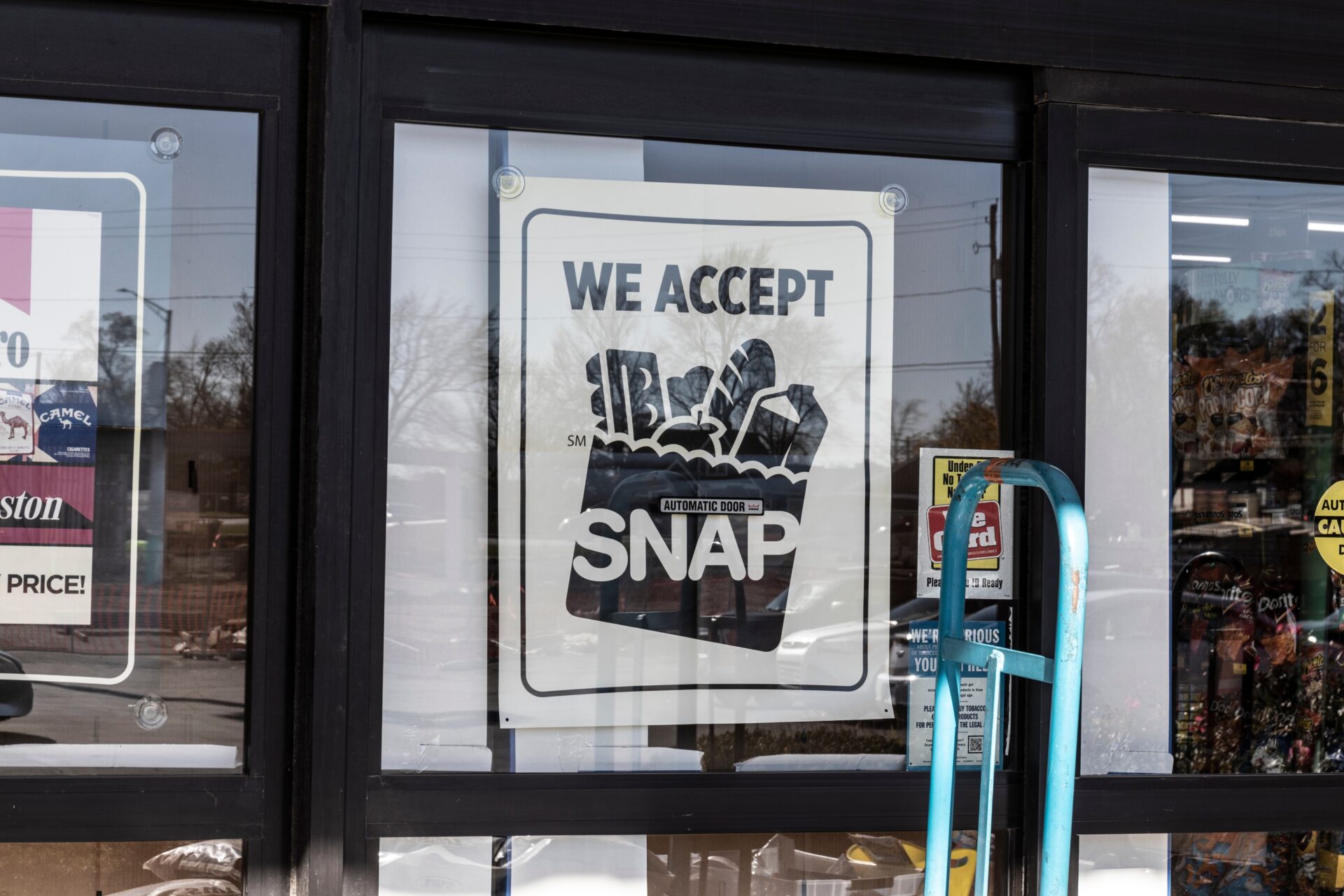
Law vs. Power: Is Bukele TARGETING Dissent?
Constitutional lawyer Enrique Anaya’s arrest on money laundering charges has ignited international concern as critics claim El Salvador’s president is systematically silencing opposition.
At a Glance
- Enrique Anaya, a constitutional lawyer who called President Nayib Bukele a “dictator,” has been arrested on money laundering charges
- Human rights organizations claim the arrest is part of a pattern to silence government critics
- Another government critic, lawyer Ruth Lopez, was recently detained on embezzlement charges
- Despite international concerns about civil liberties, Bukele maintains 85% approval ratings
- Bukele has publicly warned that “corrupt opposition members” are not untouchable
Growing Concerns Over Political Repression
El Salvador’s government has arrested constitutional lawyer Enrique Anaya on money laundering charges, raising alarms among human rights advocates about freedom of expression in the Central American nation. Anaya, a vocal critic of President Nayib Bukele, has repeatedly challenged the administration’s policies and publicly referred to Bukele as a “dictator.” The arrest comes amid growing concerns that the Bukele administration may be systematically targeting dissenting voices, despite the president’s overwhelming popularity among Salvadoran citizens for his tough stance on gang violence.
The timing of Anaya’s arrest has fueled speculation about political motivation, particularly as it follows closely behind the detention of Ruth Lopez, another lawyer who has criticized the government. Lopez faces embezzlement charges, creating what observers describe as a concerning pattern. Both cases have drawn scrutiny from international organizations monitoring civil liberties in El Salvador, where Bukele’s administration has gained attention for its aggressive security measures that have dramatically reduced gang violence but potentially at the cost of constitutional protections.
A constitutional lawyer and fierce critic of El Salvador President Nayib Bukele has been arrested on charges of "money laundering," the prosecutor's office said.https://t.co/pKhWtjr0oa
— DW News (@dwnews) June 8, 2025
Bukele’s Controversial Leadership
President Bukele secured reelection in February 2024 with an overwhelming 85% of the vote, despite El Salvador’s constitution traditionally prohibiting consecutive presidential terms. His path to a second term was cleared by a Supreme Court decision that critics claim was influenced by his administration. Bukele’s popularity stems largely from his successful campaign against gang violence, which has transformed El Salvador from one of the world’s most dangerous countries to one where citizens report feeling much safer in their daily lives.
Bukele has consistently dismissed criticism as politically motivated, particularly from what he characterizes as leftist activists. He has publicly warned that “corrupt opposition members” should not consider themselves untouchable, a statement that some interpret as a threat against political dissent. While his security policies have won overwhelming support domestically, international human rights organizations continue to express concern about the potential erosion of democratic institutions and the rule of law under his leadership.
Chilling Effect on Free Speech
Prior to his arrest, Anaya had expressed fears about the consequences of speaking out against the government. During a television appearance, he articulated concerns that critics face imprisonment, a statement that now appears prophetic in light of his detention. Anaya’s final social media post before his arrest referenced international criticism of Bukele’s government, including statements from the Inter-American Commission on Human Rights expressing concern about civil liberties in El Salvador.
Human rights organizations have raised concerns that these arrests could create a chilling effect on free speech throughout El Salvador. They point to a pattern where legal charges appear to disproportionately target government critics, potentially discouraging others from voicing opposition. While the government maintains that these are legitimate prosecutions for actual crimes, the timing and targeting have raised questions about whether law enforcement is being weaponized against political opponents in a country that continues to navigate its democratic development after decades of civil conflict.


